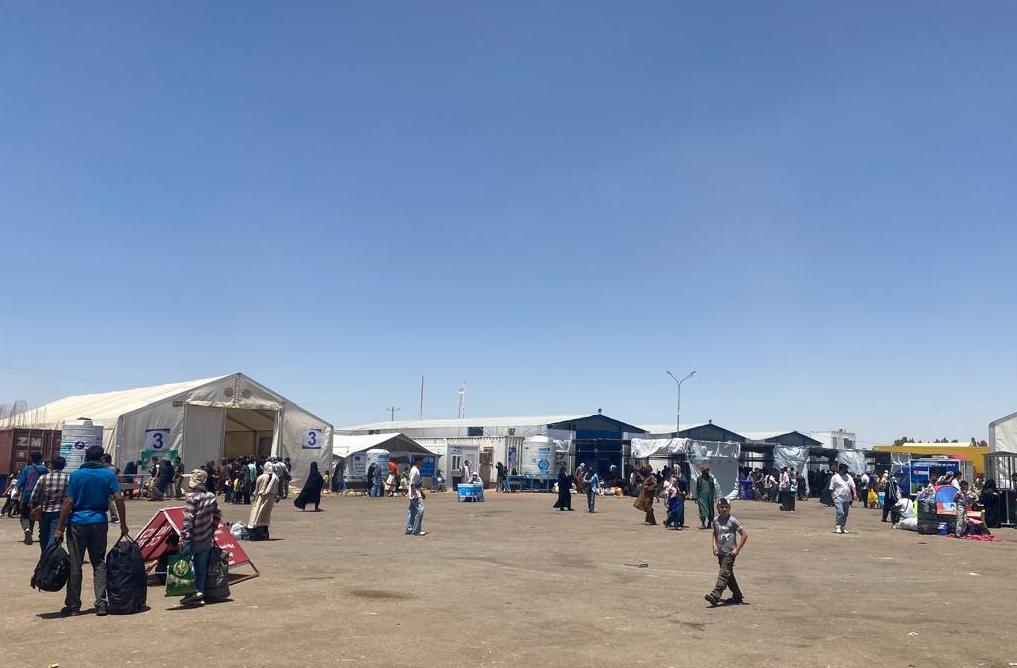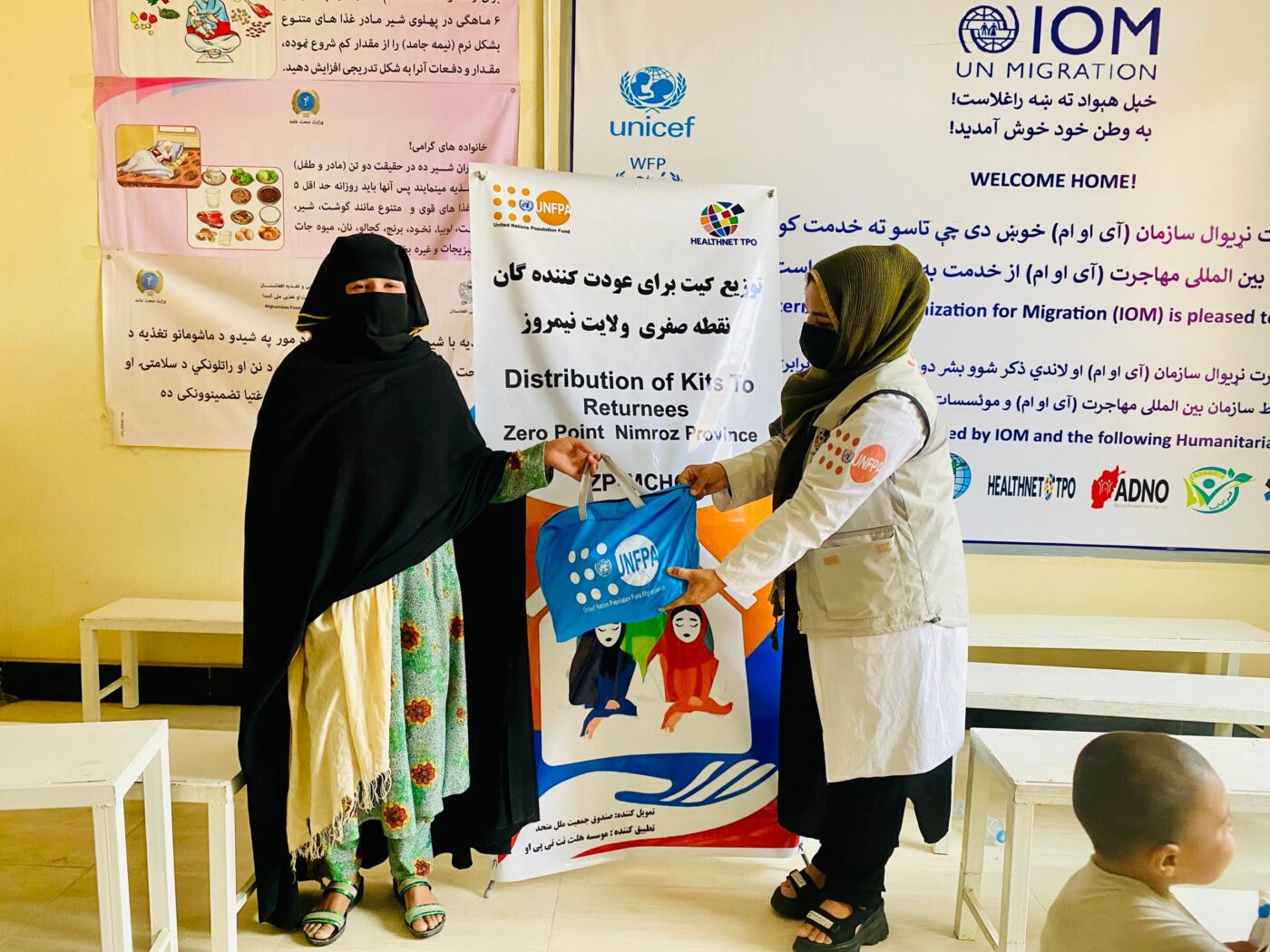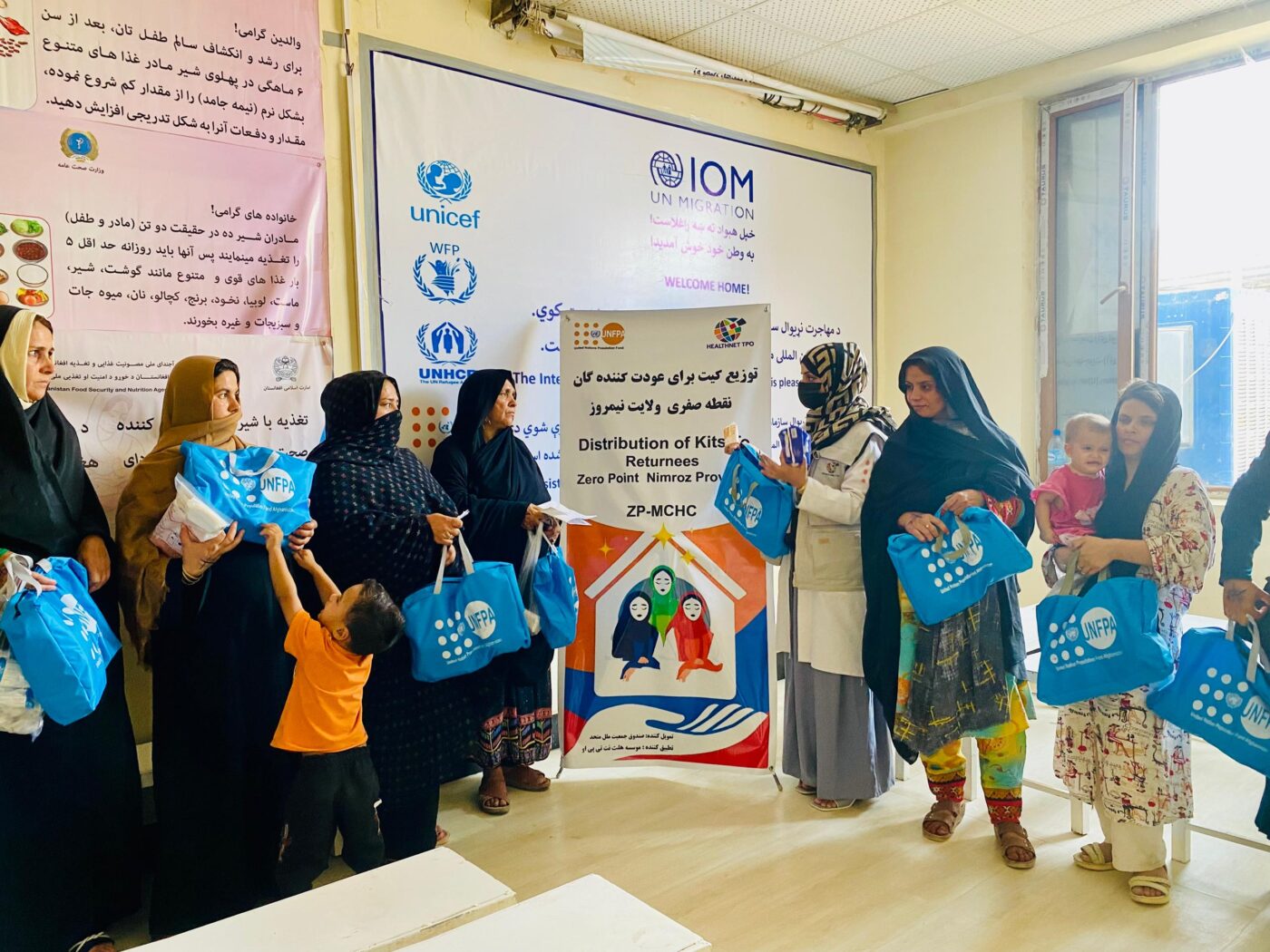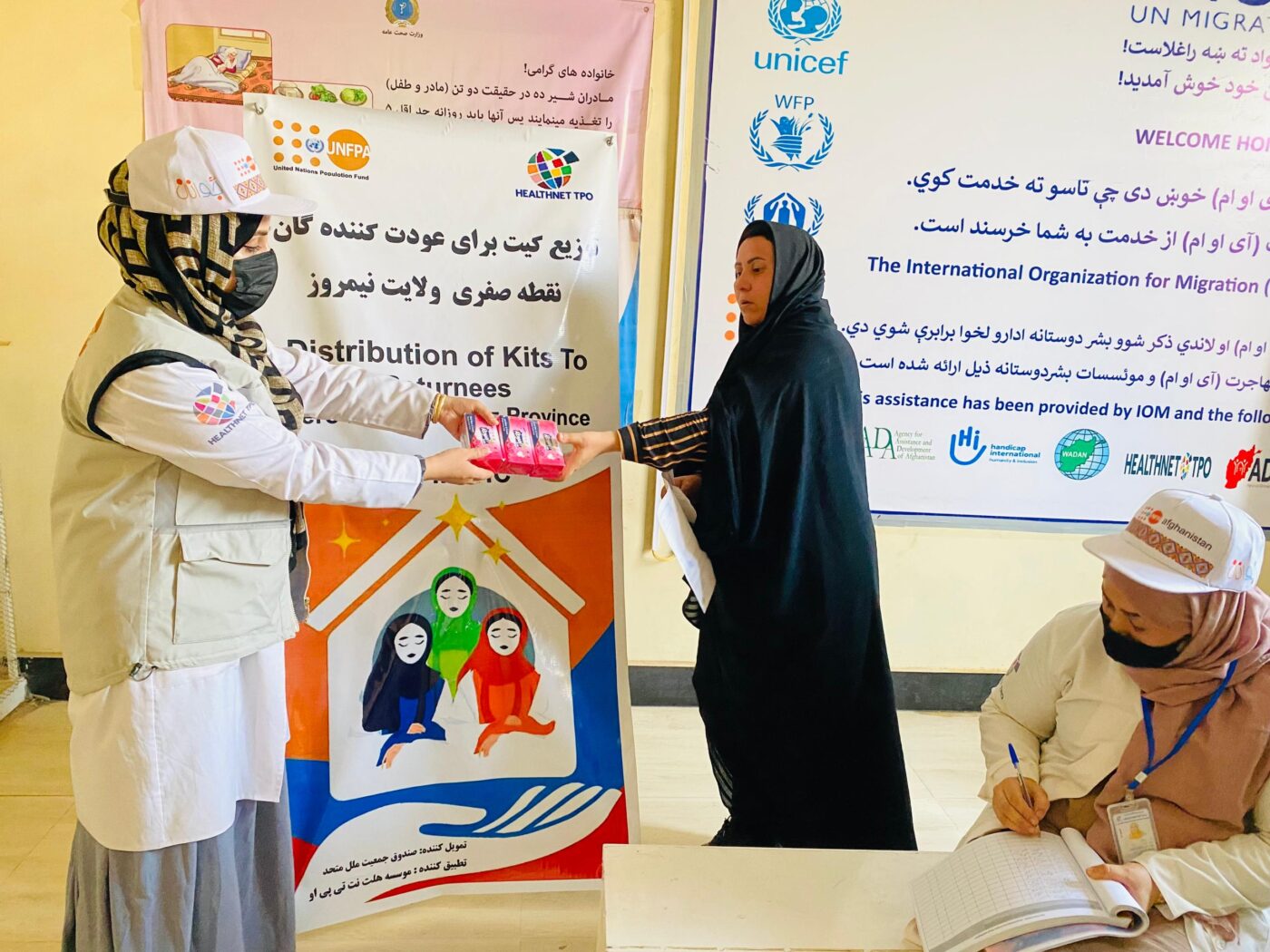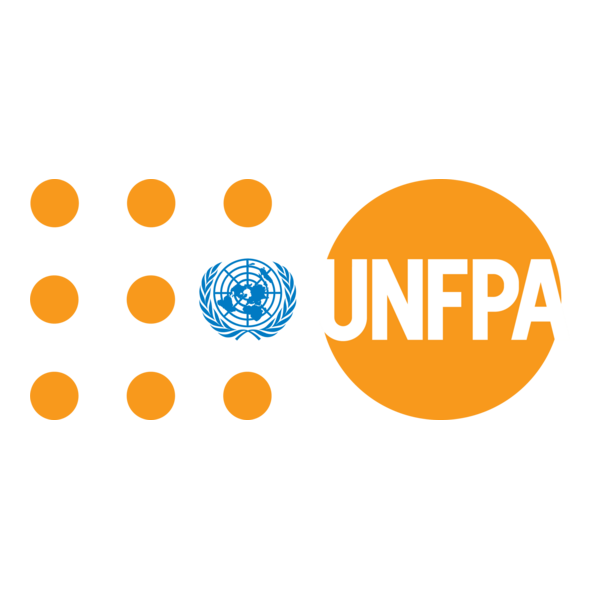With up to another million people potentially facing deportation in the coming months, the crisis is escalating at a staggering pace. Many of the returnees had lived in Iran for years — even decades — or fled more recently following the Taliban’s 2021 takeover, seeking safety and economic stability. Now they return to a country still facing a humanitarian crisis.
These forced returns, which have intensified in recent months, present both immediate and long-term challenges for returnees. In the short term, the journey itself is exhausting: many travel for days in overcrowded vehicles or on foot, often without food, water, or protection from extreme heat. With temperatures exceeding 50°C, people arrive dehydrated, malnourished, and weak. Some report being detained or facing physical violence before or during their journey.
Once back in Afghanistan, returnees face a future marked by uncertainty. Many arrive without even the most basic items — shoes, sleeping mats, or spare clothing — making it difficult to meet daily needs. Women in particular face added barriers: those without a male guardian (mahram) often struggle to move freely, and some, having left in haste and unable to bring essential items, arrive without a headscarf and have to request one at the border to meet local requirements and access to support.
With Afghanistan’s economy in crisis and public services severely limited, many families struggle to find safe shelter or basic necessities. HealthNet TPO, with support from UNFPA, is providing critical health and psychosocial services at key border crossings, where families — many of them women and children — arrive exhausted, dehydrated, and traumatised.
These are not just numbers — these are human beings arriving with nothing. Among them was a woman who arrived at the Zero Point crossing in Nimruz after walking three days with her four young children, without food or shelter. In another, a man was traumatised to see YouTube videos of his own brother being beaten by Irani forces during deportation. Beyond the physical needs, there is a silent mental health crisis. Many have survived detention or violence, and women traveling without male relatives face additional barriers to accessing care.
— Dr. Abdul Rahman Shahab, Deputy Country Director, HealthNet TPO Afghanistan
At Nimruz Province’s “Zero Point” crossing (i.e., the first point of entry into Afghanistan at the border) and at psychosocial counseling centers in Herat, HealthNet TPO provides:
- Emergency treatment for dehydration, sunburn, and visible injuries;
- Reproductive and maternal health care, including antenatal and postnatal services;
- Distribution of dignity kits, hygiene supplies, and essential medicines;
- Psychosocial first aid and counseling for adults and adolescents;
- Safe spaces for women and children, including shaded areas for rest.


